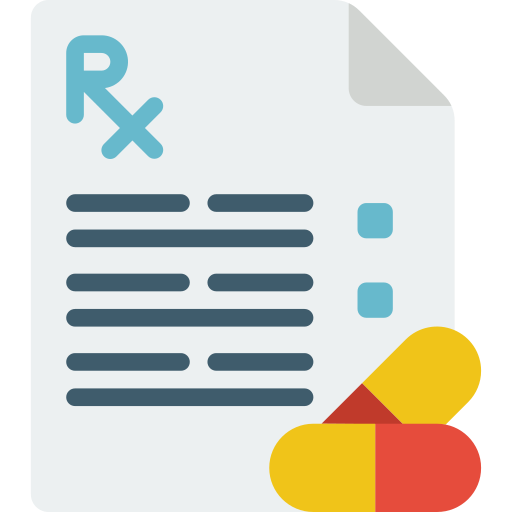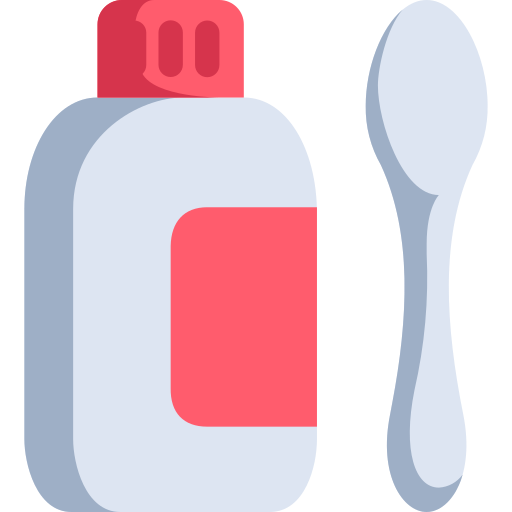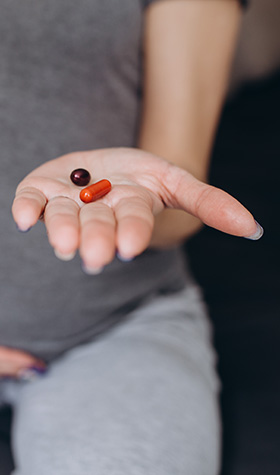When pondering upon how to get pregnant, do you find yourself wondering whether or not you should take prenatal vitamins? What should you do if they cause you to have constipation? Find the answers to these and other questions here.
The best method to ensure that you are getting all of the necessary vitamins and minerals is to eat a balanced diet. However, you run the risk of not getting enough essential nutrients when you are pregnant. If you are pregnant or trying to figure out how to get pregnant, taking prenatal vitamins can help ensure that all of your nutritional bases are covered.
Why Are Prenatal Vitamins Important?
Folic acid and iron are two nutrients that are required in greater quantities during pregnancy. This is why:
- Folic acid helps prevent neural tube abnormalities. These conditions are severe anomalies that affect the developing brain and spinal cord of the fetus. You should start taking extra folic acid during the preconception phase at least three months before you plan to become pregnant for the best results.
- Iron is essential to the development of both the placenta and the fetus during pregnancy. Your body needs iron to produce blood in order to provide oxygen to the developing fetus. Anemia, which occurs when the blood lacks a sufficient amount of healthy red blood cells, is another illness that iron can help prevent.
Which Prenatal Vitamins Are the Most Effective?
Prenatal vitamins for pregnant women can be purchased without a prescription at almost any drug store. It is possible that your doctor will suggest a certain brand, but ultimately, the decision will be up to you.
In addition to ensuring that the prenatal vitamins have folic acid and iron, you should search for one that also contains calcium and vitamin D. They contribute to the healthy growth of the baby’s teeth as well as their bones. Look for prenatal vitamins that have vitamin C, vitamin A, vitamin E, the B vitamins, zinc, and iodine in it. This may also be advantageous at the preconception stage.
As a general rule, you should try to avoid taking additional prenatal vitamins or multivitamins with dosages that are higher than what you require on a daily basis. There is a possibility that giving your kid excessive amounts of some vitamins could be dangerous. For instance, consuming an excessive amount of vitamin A while pregnant may pose a risk to the health of the unborn child.

Other Nutrients Vital During the Preconception Stage
Apart from prenatal vitamins, the consumption of fish rich in omega-3 fatty acids before and during pregnancy has been shown to have positive effects on the brain development of the infant. In addition to prenatal vitamins, your doctor may suggest that you take omega-3 fatty acid supplements if you don’t regularly consume fish or other foods that are rich in omega-3 fatty acids.
While taking prenatal vitamins is vital for delivering the bulk of your daily vitamins and minerals, it is also necessary to eat a well-balanced diet in addition to taking the vitamin to ensure that you are getting all of the essential nutrients that will assist your body in growing your baby.

When Should I Take Prenatal Vitamins?
It is strongly advised that you start taking prenatal vitamins at the preconception period if you are trying to figure out how to get pregnant. Actually, regular prenatal vitamin use is generally seen as being a good idea for women of reproductive age. Before the woman is even aware that she is pregnant, the neural tube of the fetus, which eventually develops into the brain and spinal cord, starts to form during the first month of pregnancy.
Do Prenatal Vitamins Have Any Adverse Effects?
There have been reports that the iron contained in prenatal vitamins can lead to constipation. In order to avoid having constipation:
- Be sure to take in lots of fluids.
- Increase the amount of fiber that you consume.
- Include some form of physical activity in your regular routine, but only after consulting with your primary care physician first.
- Talk to your primary care physician about the possibility of using a stool softener.
If you find that these suggestions aren’t helping, talk to your doctor about the alternative solutions that are available.
What Prenatal Care Options Are There?
Taking prenatal vitamins is one of the effective options in your quest on how to get pregnant. However, going into a drugstore or searching for prenatal vitamins in online stores can give the impression that there are around 10 billion distinct types of prenatals. In general, though, we can classify them as falling into one of these categories:

Pills or capsules. If a woman wants to acquire all the necessary prenatal vitamins and minerals in one vitamin, a pill that you take whole is the ideal choice. Capsules tend to be more difficult to swallow than pills.

Prescription: Some women may want to get a prescription for additional medication if they experience side effects while taking their prenatal vitamins. All the necessary nutrients are present in both prescription and over-the-counter vitamins, however, the formulations may vary. The prescription prenatal vitamins might, for instance, contain a stool softener, which helps with constipation, or it might have vitamin B6, which helps with nausea.

Powders, liquids, and chewables. A chewable or liquid vitamin might be a better choice for women who are nauseous, but these supplements might be deficient in some of the aforementioned vital components. It is imperative that you read the product labels in order to determine whether or not you require the addition of a supplement.
Where and How to Buy Prenatal Vitamins
As you ask yourself a question about how to get pregnant and begin your investigation into prenatal vitamins, here are a few things to keep in mind so that you can select the formulation that is most appropriate for you.

- What is my diet like? It may be more difficult to obtain iron and calcium from food alone, for instance, if you are a vegetarian or a vegan. Because of this, it is a good idea to prioritize supplements that contain these minerals or to take additional doses of them. Discuss the matter with your attending physician to obtain their advice as well.
- Which format of prenatal vitamins would be most suitable for me? Do you despise having to take pills? You should look for capsules that have a coating that is smooth and ones that do not contain calcium because these types of capsules tend to be smaller. You could also go the liquid or chewable route, but keep in mind that you won’t be getting as many nutrients this way.
- How long will the contents of this bottle stay fresh? Because vitamins are so expensive, it’s important to think about how many pills come in a bottle and compare that to the number of pills that are suggested to take on a daily basis. If you take three pills every day, a large bottle will be finished much more quickly.
In the end, maintaining consistency is the single most critical consideration. The ideal prenatal supplement is one that the patient can tolerate and continue to take on a daily basis.